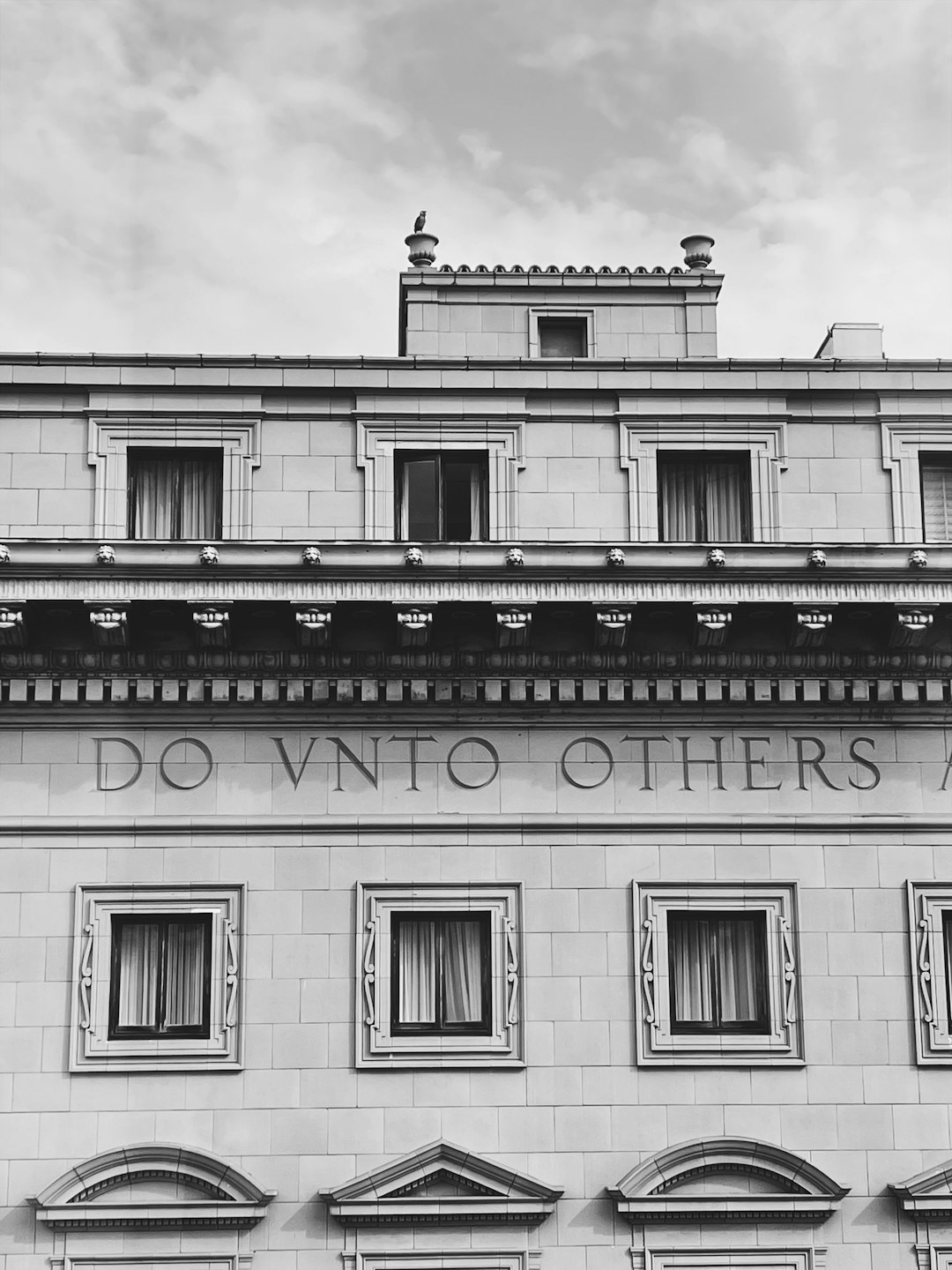Sermon on the Mount: The Golden Rule
Matthew 7:12 and Luke 10:30-37
“In everything, therefore, treat people the same way you want them to treat you, for this is the Law and the Prophets.”
Matthew 7:12 NASB1995
This simple verse in the Sermon on the Mount sums up what Jesus desires in our relationships with others. It is so simple, yet so difficult! Jesus uniquely states this command in a positive way - treat other people the same way you want to be treated. Before His sermon, it was usually phrased by religious leaders as a negative: Do NOT do to others anything that you would not want done to you. If you follow the negative admonition, then you just back away and not do anything, therefore you are are not interfering and are “off the hook”. But Jesus wants you to act in a proactive way, like the Good Samaritan, as noted in Luke 10:30-37. Jesus is replying to the question: Who is my neighbor?
“Jesus replied and said, “A man was going down from Jerusalem to Jericho, and fell among robbers, and they stripped him and beat him, and went away leaving him half dead. And by chance a priest was going down on that road, and when he saw him, he passed by on the other side. Likewise a Levite also, when he came to the place and saw him, passed by on the other side. But a Samaritan, who was on a journey, came upon him; and when he saw him, he felt compassion, and came to him and bandaged up his wounds, pouring oil and wine on them; and he put him on his own beast, and brought him to an inn and took care of him. On the next day he took out two denarii and gave them to the innkeeper and said, ‘Take care of him; and whatever more you spend, when I return I will repay you.’ Which of these three do you think proved to be a neighbor to the man who fell into the robbers’ hands?” And he said, “The one who showed mercy toward him.” Then Jesus said to him, “Go and do the same.””
Luke 10:30-37 NASB1995
The difference between not doing to others and doing for others is nicely summarized by David Guzik in his Enduring Word commentary:
i. “The Golden Rule was not invented by Jesus; it is found in many forms in highly diverse settings. About a.d. 20, Rabbi Hillel, challenged by a Gentile to summarize the law in the short time the Gentile could stand on one leg, reportedly responded, ‘What is hateful to you, do not do to anyone else. This is the whole law; all the rest is commentary. Go and learn it.’ (b. Shabbath 31a). Apparently only Jesus phrased the rule positively.” (Carson)
ii. In so doing, Jesus makes the command much broader. It is the difference between not breaking traffic laws and in doing something positive like helping a stranded motorist. Under the negative form of the rule, the goats of Matthew 25:31-46 are found “not guilty.” Yet under the positive form of the Golden Rule – Jesus’ form – they are indeed found guilty.
iii. This especially applies to Christian fellowship. If we would experience love and have people reach out to us, we must love and reach out to others.
iv. “None but he whose heart is filled with love to God and all mankind can keep this precept, either in its spirit or letter… It seems as if God had written it upon the hearts of all men, for sayings of this kind may be found among all nations, Jewish, Christian, and Heathen.” (Clarke)
Proactive love of others is “doing for them what we want done for us”.
My next Sermon on the Mount devotional will examine Matthew 7:13-14, The Narrow Gate.
Commentaries by David Guzik on Enduring Word are used with written permission.



